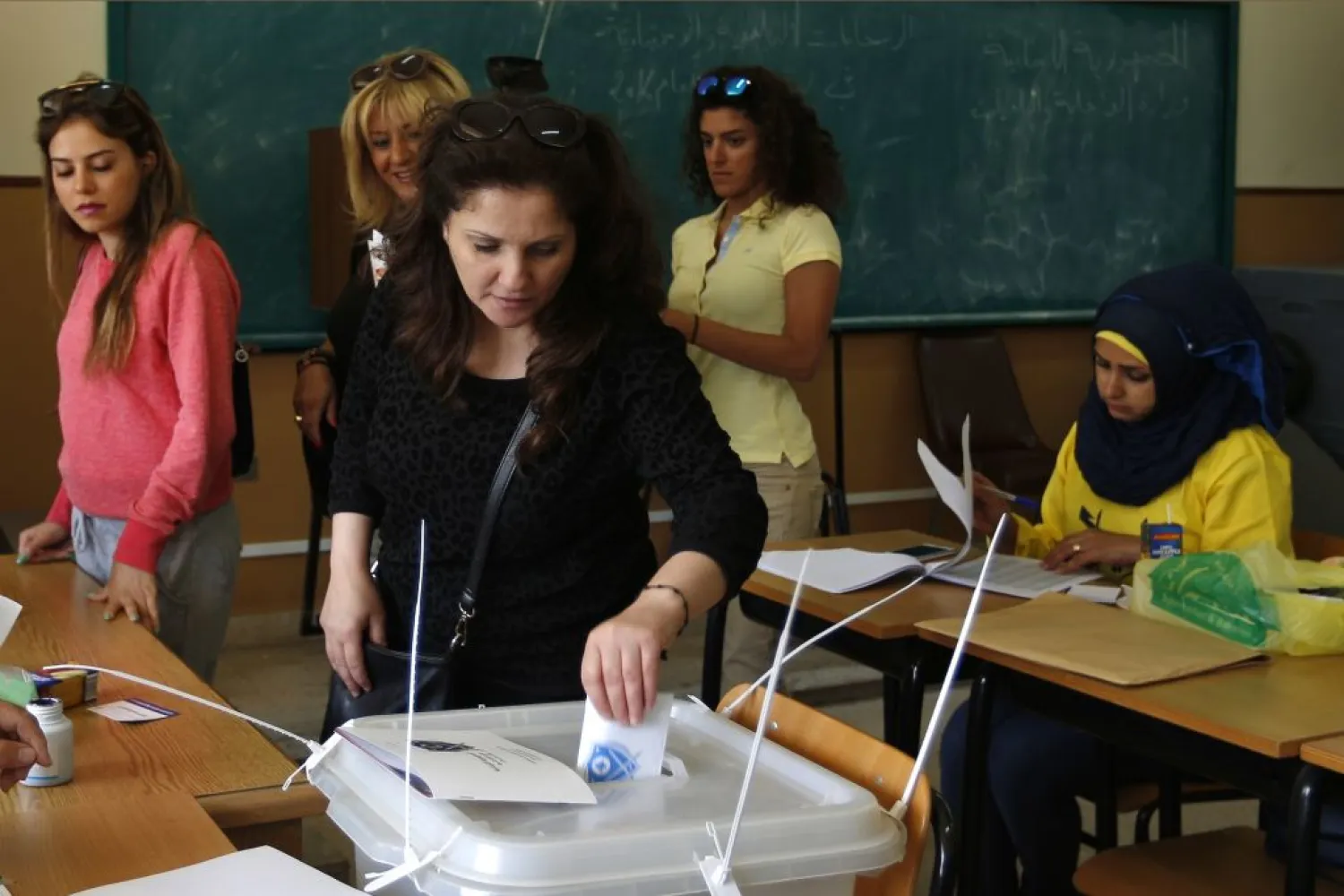Lebanon’s political forces and parties are preparing to engage in the upcoming electoral battle, amid uncertainty over the elections results in the wake of the adoption of a new electoral law based on the proportional system.
Beirut’s first electoral district - which comprises the areas of Ashrafieh, Rmeil, Saifi and Medawar - is one of the most difficult and complex districts, because of the presence of parties and figures opposed to the forces represented in the government, such as the Phalange Party and the National Liberal Party and independent forces.
In this regard, Minister of State for Planning Michel Pharaon is seeking to resolve obstacles that make alliances difficult in his constituency (Beirut I) through meetings and contacts with the concerned parties.
The minister is trying to reach the broadest understanding to avoid political battle that might have negative repercussions on the post-election phase.
In remarks to Asharq Al-Awsat, Pharaon said he “will consult with the forces that form the electoral list of Beirut’s first constituency,” acknowledging that such step “requires much work and cooperation coupled with the availability of sincere intentions.”
“I have started a round of consultations about the possibility of weaving an electoral alliance, with the encouragement of President Michel Aoun and Dr. Samir Geagea, head of the Lebanese Forces Party. I will be in contact with Prime Minister Saad Hariri soon,” he stated.
Pharaon, however, pointed out that the nature of the election law makes the task difficult to achieve, “contrary to the majority law that facilitates the formation of a balanced list.”
Some of the ruling parties have revealed their intention to forge alliances in Beirut.
The Future Movement is moving towards an alliance with the Free Patriotic Movement [FPM], the Armenian Tashnag Party and Minister Michel Pharaon, waiting for the results of consultations with the Lebanese Forces.









